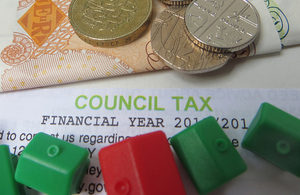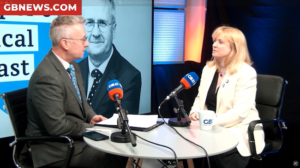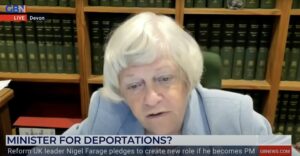Islamic Relief and other faith charities team up for climate picnic

The Climate Coalition and faith-inspired charities set the table for climate action at Great Big Green Week’s interfaith picnic
The Climate Coalition has teamed up with Faith for the Climate Network, a coalition of faith-based charities and organisations, to host an interfaith picnic on Sunday 9th June in Waterloo, London to promote joint action on stopping climate change.
The event will take place from 1pm at St John’s Church in Waterloo and will feature a wide range of charities such as Islamic Relief UK, Christian Aid, Buddhist Eco Dharma Network, Hindu Climate Action, Quakers in Britain and many more, welcoming people of all faiths and beliefs.
Faith leaders and representatives from the charity will be reaffirming their pledges and commitments to the climate struggle, and the picnic will also exclusively feature the Loss & Damage Photo Exhibition from Make Polluters Pay, a series that drives home the severe impact of climate change felt unevenly across the globe.
The picnic will also feature a variety of activities, stalls and performances, meaning there’ll be something there for everyone. The theme of this year’s Great Big Green Week, the UK’s biggest national celebration of climate action, is ‘Swap Together’. Guests will be encouraged to swap meat-based dishes for plant-based dishes to share with each other, swap clothes to reduce waste, and swap their bank providers for greener ones.
Tufail Hussain, director, Islamic Relief UK, says “Fighting climate change is one of Islamic Relief’s key commitments, and we’ve seen first hand the devastation it can cause across the globe, from natural disasters to affecting food supplies. Any charity serious about international development and aid cannot ignore the fight against global warming.”
“It’s heartening to see our brother and sister organisations in the sector from a wide background of different faiths coming together to promote our joint struggle. If we are to have any hope of reaching climate targets, faith communities can and must be a part of the solution.”




